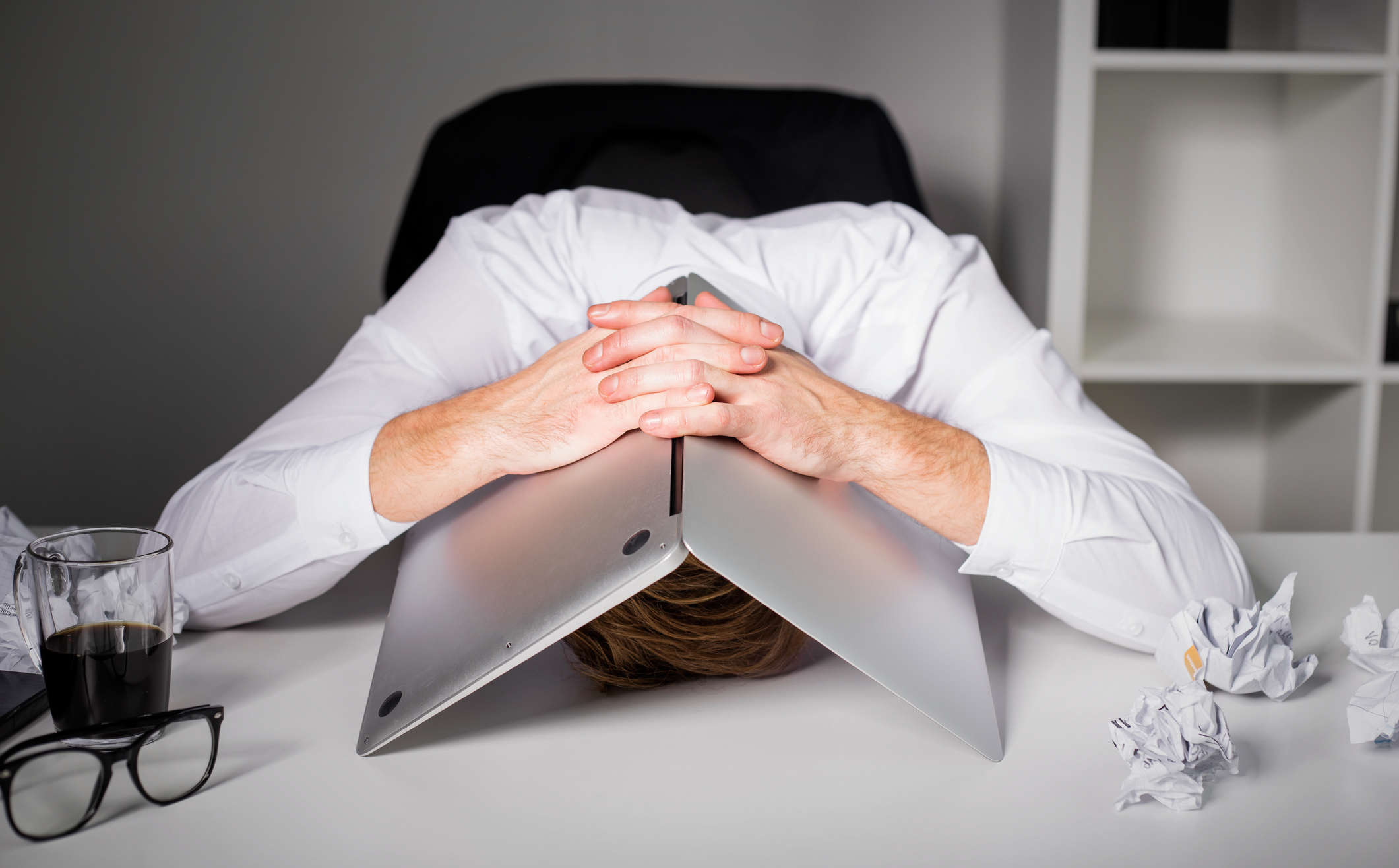As my clients, colleagues and followers know, my main focus as a meeting and event planner is ensuring the food is safe, healthy, delicious and inclusive. But for employees of a company, the food and beverage they are fed at conferences, special events and retreats is just a fraction of what they will consume while on the job. And it is the role of human resources professionals to ensure that all employees can eat safely. That’s why I’m devoting a series of blog posts to educating HR departments about what they can—and must—do when feeding employees. I say “must” because it’s U.S. law. (More on that in a future post.)
Food is everywhere. When two people get married, we eat a banquet. When someone is born or dies, we bring food. Promotions, birthdays, retirements: you name it, food is served. So are beverages. And food has become the focus of every social outing.
The food environment at work no different. Before reading on, take a moment to think about all the places—both physical spaces and events—where employees eat while under a company’s care.
Here’s a few of the most important:
[list icon=”icon: check-square-o” icon_color=”#d81c5c”]
- Staff meetings: Some include lunch; others snacks. Employees who attend a lot of meetings often find themselves face to face with a tray of cookies multiple times a day.
- Company picnics and holiday parties: These are often excuses to take a day off from eating healthy—but they don’t have to be.
- Sales conferences and incentive trips: One employee I interviewed had to skip a celebratory conference at a five-star resort because the property could not handle her dietary needs.
- Corporate cafeterias: Feeding employees a healthful lunch can increase their productivity for the rest of the day.
- Vending machines: Some employees visit office vending machines multiple times a day. They will choose healthier items if they are not prohibitively expensive.
- Staff kitchens and employee refrigerators: These must be kept spotless to keep employees with food allergies and other dietary restrictions safe. A few crumbs on the counter could make someone very sick.
[/list]
It’s a lot, right? I wrote these out for two main reasons. First, because in each of these situations, your company can be held liable if an employee gets sick—even if she brings her own food. And second, because these are all places where a little forethought can improve the diet—and, by extension, the lives of your employees.
In my next posts, I’ll share why and how careful planning around food can create a culture of wellness in your company.
More can also be found in Humans@Work, a book anthology coming out June 1 in which Tracy contributes a chapter on the importance and challenges of feeding employees.
This article is the first in a series.
To read the second: Lessons for Human Resources Professionals: Health and Wellness Programs




2 Comments
Debra
I have to ask, if an employer provides an area for staff to eat in, but doesn’t provide the cleaning equipment and staff to make sure that that area is kept clean, who is liable?
Tracy Stuckrath
Good question, Debra! Let me check with some lawyer friends and get back to you.
Comments are closed.